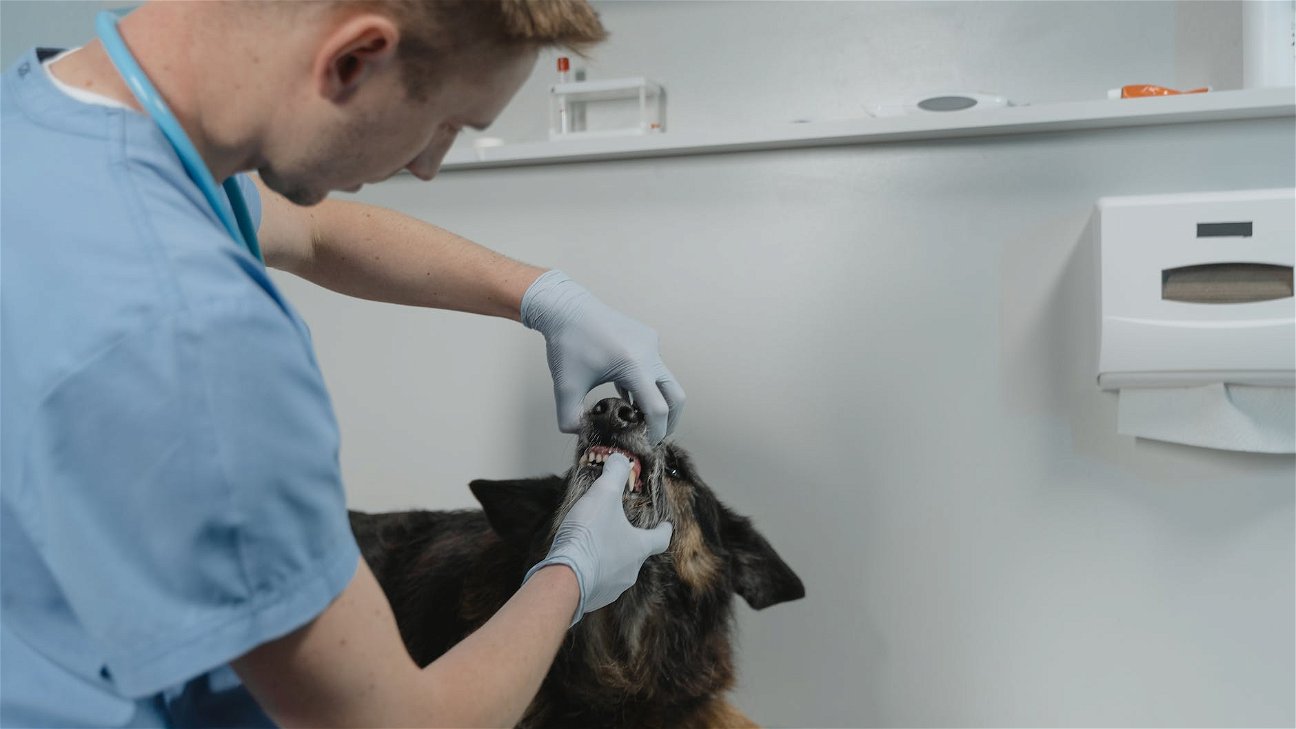
Pet birds, like many other animals, experience hormonal changes that can affect their mood and behavior. It's important for pet owners to understand these changes and how to manage them effectively to ensure their bird's health and well-being. In this guide, we'll explore the signs of hormonal changes, its effects, and tips for handling birds during this period.
Understanding Bird Hormone Changes
Birds, especially parrots, can experience hormonal changes due to various factors including seasonal changes, diet, and stress. These changes can lead to behavioral issues such as aggression, screaming, and even self-injury. It's essential to identify these signs early and take appropriate action.
Some common signs of hormonal changes in birds include:
- Increased aggression
- Excessive screaming
- Plucking or overpreening
- Increased territorial behavior
- Changes in appetite
Effects of Hormonal Changes in Birds
Hormonal changes can have a significant impact on a bird's behavior and health. Aggression and territorial behavior can lead to injuries, while excessive screaming can be a sign of stress or discomfort. Furthermore, changes in appetite can result in nutritional deficiencies if not addressed properly.
How to Manage Hormonal Changes
Here are some tips for managing hormonal changes in your pet bird:
- Adjust the Diet: Some foods can trigger hormonal changes in birds. Avoid feeding high-fat seeds and instead, provide a balanced diet of fruits, vegetables, and low-fat seeds.
- Provide Adequate Sleep: Birds need about 12 hours of sleep each night. Make sure your bird's cage is in a quiet, dark place during sleep hours.
- Provide Mental Stimulation: Provide toys and activities to keep your bird mentally stimulated. Boredom can lead to stress, which can exacerbate hormonal issues.
- Limit Touching: Over-petting or touching certain areas of the bird's body can stimulate hormonal activity. Stick to head and neck scratches.
- Regular Vet Check-ups: Regular vet visits can help identify any hormonal imbalances early and provide appropriate treatment.
Understanding and managing hormonal changes in birds can be challenging, but with the right knowledge and approach, you can help your pet navigate this natural process with ease. Remember, each bird is unique and may respond differently to different methods, so it's important to be patient and consult with a vet if you have any concerns.











